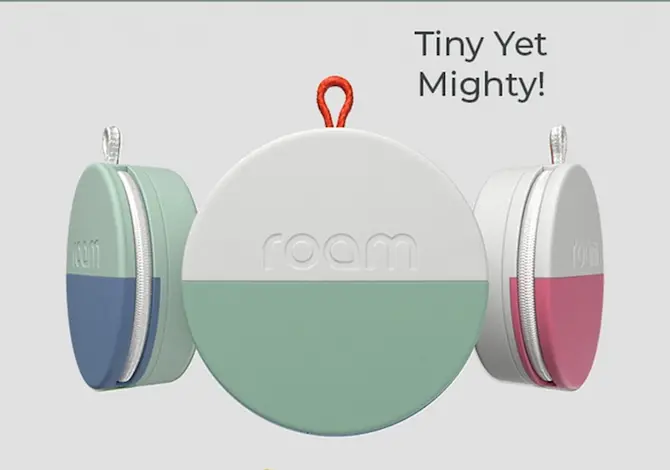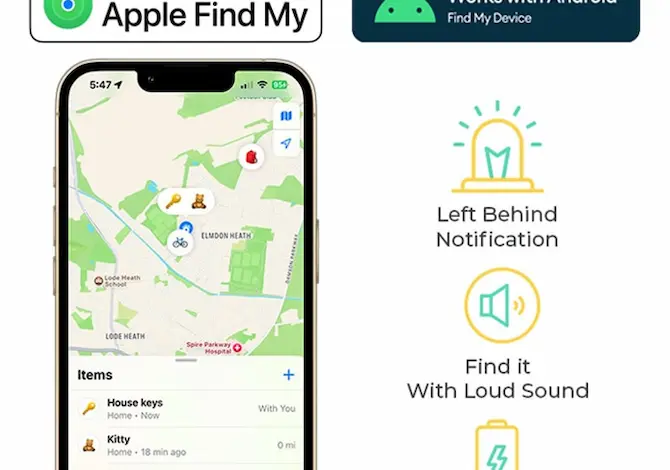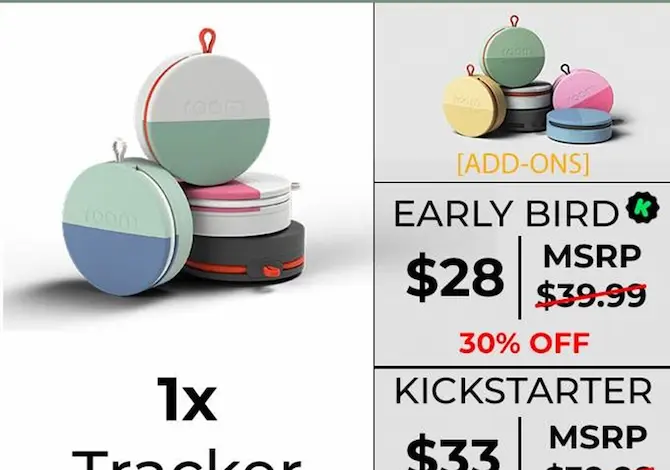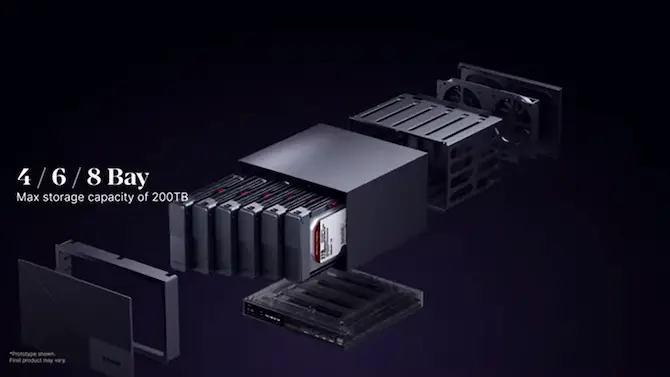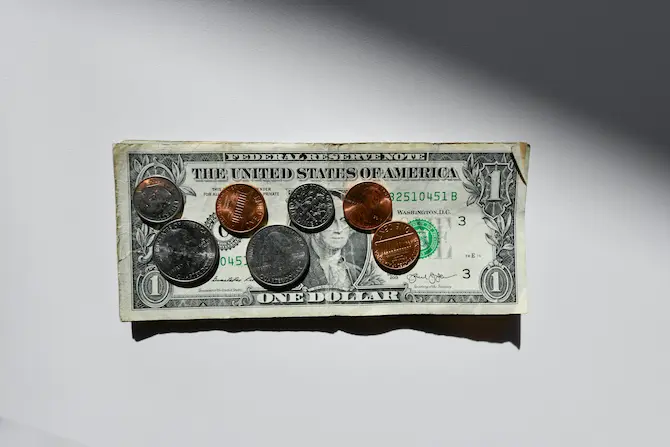Insider Success: Roam Smart Tracker
Welcome back to our Insider Success series, where we analyze successful Kickstarter campaigns for crowdfunding strategy insights. Today, we’ll be looking at the Roam Smart Tracker: a compact device designed to help users keep tabs on their belongings that raised over $400,000 from 4,001 backers.
Strategy 1: Based in the UK for Trust and Credibility
Many crowdfunding campaigns are based in Hong Kong. While this isn’t inherently a bad thing, some backers have grown wary due to past experiences with delayed deliveries or subpar communication from creators perceived to be affiliated with China. But Roam being based in the UK instantly boosted their credibility.

Being a UK-based product meant Roam had to meet local business and manufacturing standards, providing backers with an extra layer of confidence. Campaigns that can prove their legitimate residence in the US, UK, or other such countries tend to perform better, as backers feel more secure in their pledges. By avoiding the stigma sometimes associated with overseas creators, Roam positioned itself as a reliable choice—something that likely contributed to its strong funding numbers.
Strategy 2: Seamless Compatibility with Existing Apps
One of the biggest hurdles for new tech products is convincing users to adopt yet another app. Roam sidestepped this issue entirely by ensuring its tracker worked with Apple’s Find My and Android’s Find My Device—two widely trusted and familiar platforms. Instead of forcing backers to learn a new system, Roam integrated with tools they already used daily.
This decision was smart for two reasons. First, it removed friction—backers didn’t have to worry about compatibility issues or downloading additional software. Second, it reinforced trust, since Apple and Android’s tracking services are already well-regarded. By aligning itself with established brands, Roam made its product feel like a natural extension of users’ existing tech ecosystems rather than a standalone gadget requiring extra effort.
Strategy 3: An Accessible Price Point to Maximize Backer Participation
Pricing can make or break a crowdfunding campaign. Charge too much, and you risk alienating potential backers; charge too little, and you may struggle to cover costs. Roam struck a perfect balance with reward tiers priced at $30, $56, and $135, ensuring there was an option for different budget levels.
The $33 tier, in particular, was a standout, offering an affordable entry point without sacrificing perceived value. With nearly 1,000 backers opting for this reward, it’s clear that affordability played a major role in the campaign’s success. The mid-tier and higher-priced options also performed well, proving that while budget-conscious backers exist, there’s still demand for bundled or premium offerings. If your product has broad appeal, structuring rewards at multiple price points—especially with an attractive low-cost option—can help maximize participation and funding.
Roam’s success wasn’t just about having a great product—it was about building trust through localization, integrating with familiar technology, and pricing rewards strategically. These three elements combined to create a campaign that resonated with backers and secured strong funding.
If you’re preparing your own crowdfunding launch, take note: backers want reliability, ease of use, and fair pricing. By addressing these key concerns, you’ll be well on your way to a successful campaign.

